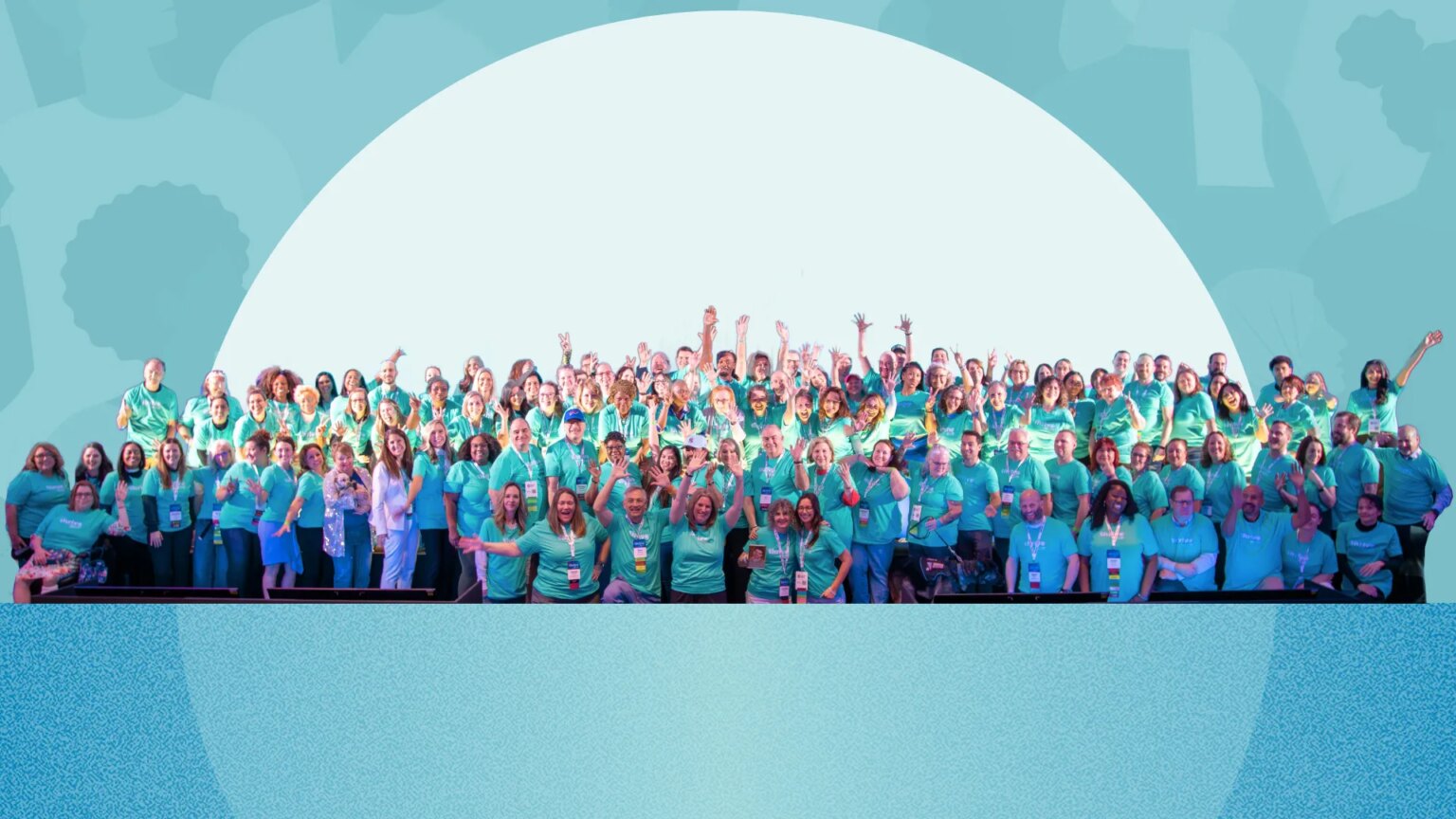The goals of the Colorectal Cancer Alliance include raising the colorectal cancer screening rate to 80 percent, improving the five-year survival rate of metastatic colorectal cancer to 35 percent, and investing $500 million in colorectal cancer research. They are striving to meet these goals through LEAD FROM BEHIND, a screening awareness initiative, and Project Cure CRC, which launched in 2023 with a $100 million commitment to end colorectal cancer. Project Cure CRC involves four strategies: direct funding, a patient portal, data collection, and clinical trial protocols.
Direct funding allows the Alliance to award grants for CRC research. “Last year, we funded $10.5 million in grants, and this year, our plan is to award $20 million,” says Sapienza. “We’ve given close to 30 grants totaling about $12 million in that short amount of time, which is incredible. It’s the largest philanthropic investment in CRC outside of the federal government.”
In addition to research funding, the Colorectal Cancer Alliance offers access to BlueHQ, a comprehensive patient portal that provides diagnosis-specific information and resources. “BlueHQ helps patients feel like they’re not alone,” says Sapienza. Beyond community connection, members can also find clinical trials, financial resources, and access to patient and caregiver navigators.
With members’ permission, data from BlueHQ and various research projects are being gathered in a database called Blue Lake. To approve new treatments, the U.S. Food and Drug Administration (FDA) needs patient data, which Blue Lake will be able to offer. With more data, new colorectal cancer treatments can become available much faster, and at a lower cost.
The fourth arm of Project Cure CRC is the launch of K-SPY, which is in the planning stage. K-SPY is an adaptive clinical trial platform aimed at transforming colorectal cancer care through personalized treatments, faster access to therapies, and improved outcomes. This clinical trial platform uses one master protocol to test multiple treatments, which can speed up the research process. Similar to I-SPY for breast cancer and Beat AML for acute myeloid leukemia, K-SPY will allow patients to get on to multiple clinical trials at once, says Sapienza. “We can quickly see results, which will bring successful trials to market much, much faster.”
Read the full article here




